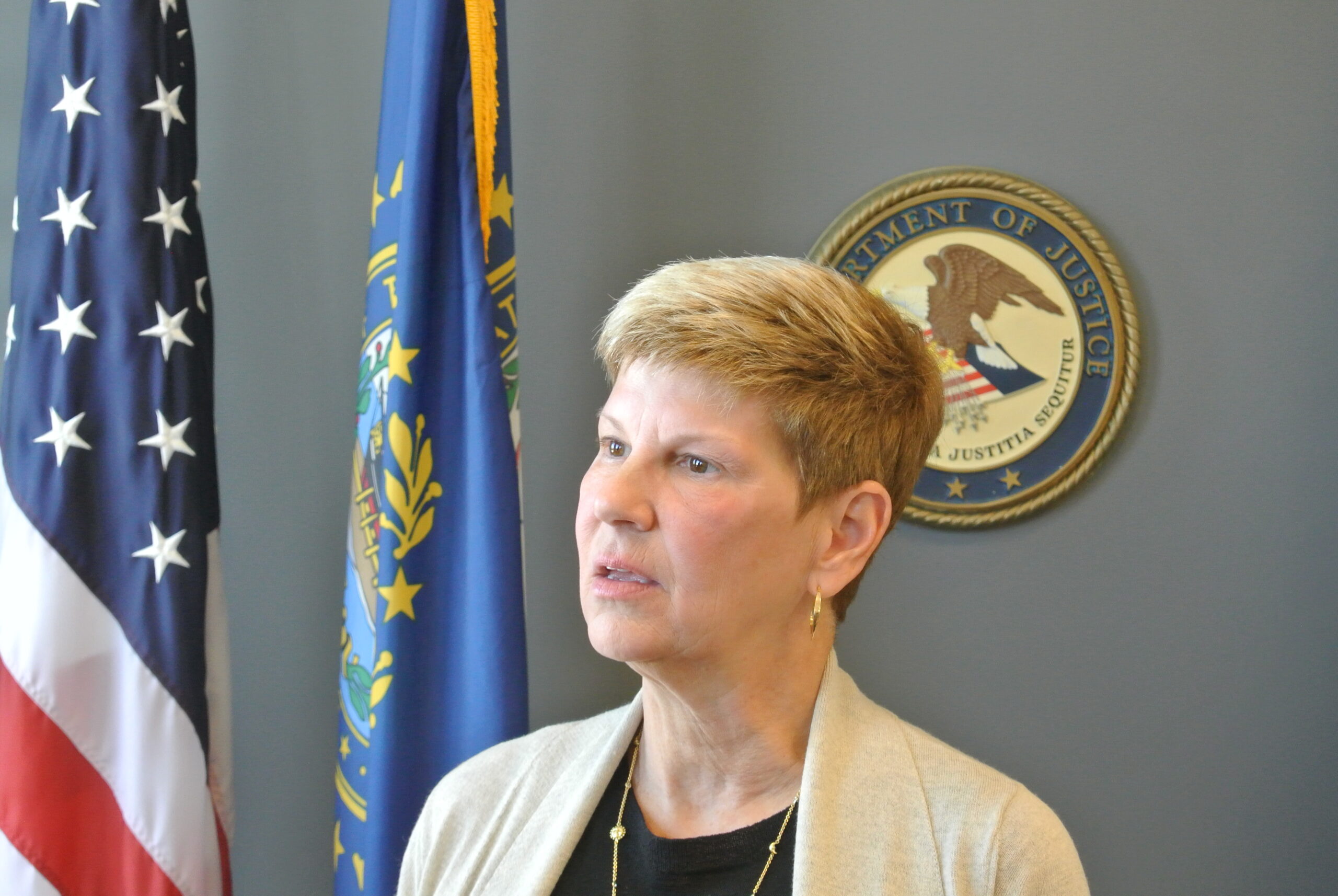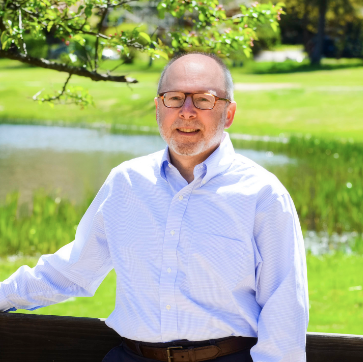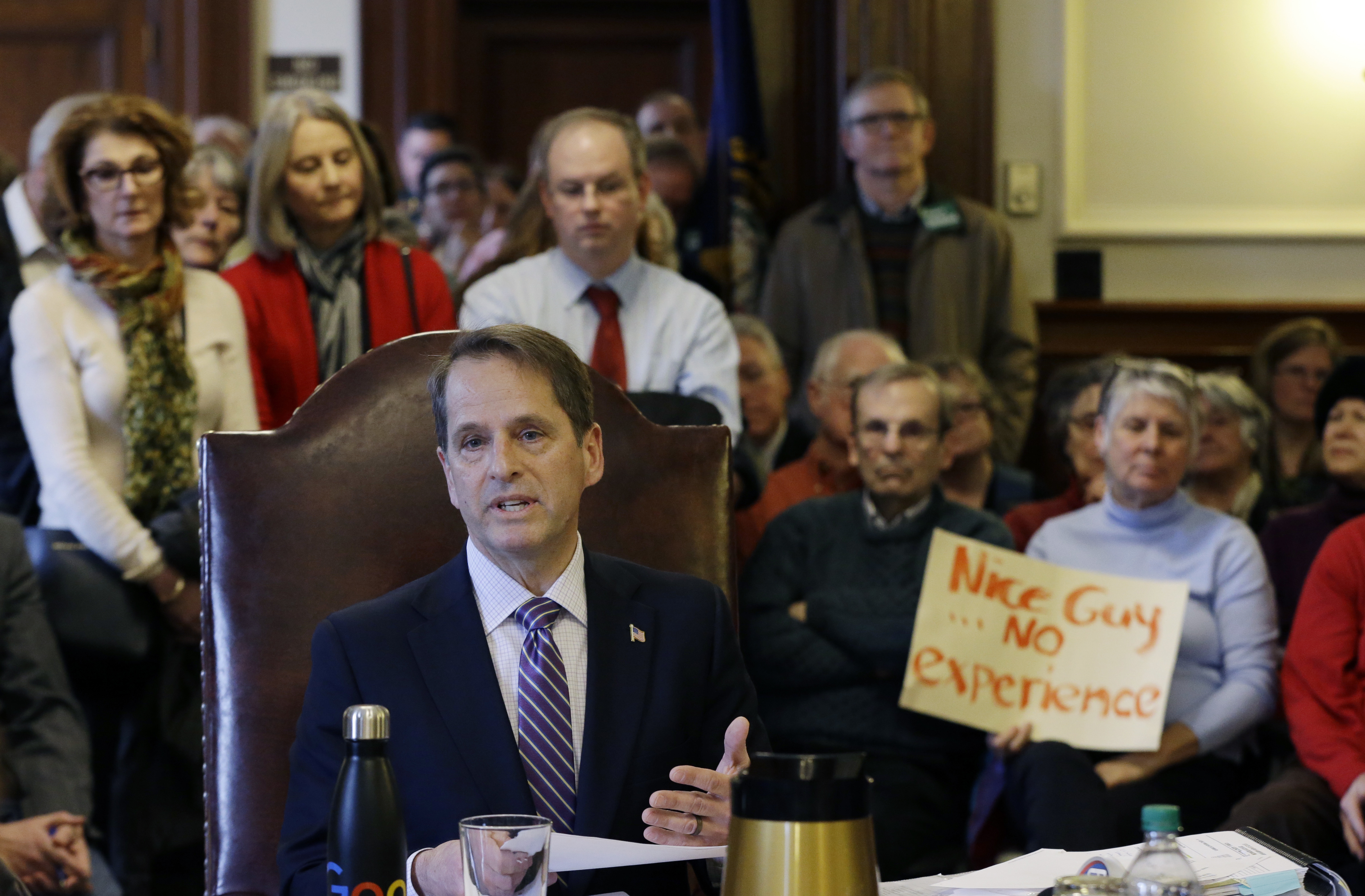Manchester Teacher Negotiated Sex With Child While on the Job

Stacey Lancaster spent his Friday afternoon at work doing a little online shopping.
But the Manchester West High School’s lead NJROTC teacher wasn’t browsing Amazon for deals. According to law enforcement officials, he was working out the details of buying a sexual encounter with a 12-year-old girl.
Lancaster texted back and forth online with someone offering up two young girls for paid sex. Lancaster was first given the choice of the 12-year-old but seemed incredulous at the girl’s photo.
“Did you say she’s 12? Are you being serious? That’s really bad if it’s true,” Lancaster texted after seeing the child’s photo, according to court records.
At this, the pimp offered a 14-year-old girl to Lancaster instead, but Lancaster decided to go with the 12-year-old, and agreed to pay $100. He finished up his work at the high school that afternoon, and a short time later went to the Manchester hotel to meet the pimp and the girl, according to court records.
In the hotel parking lot, Lancaster frisked the pimp to make sure there was no hidden police microphone, and then proceeded to close the deal. That’s when agents with Homeland Security Investigations and Manchester Police moved in, taking Lancaster into custody on attempted sex trafficking charges.
The now-unemployed Lancaster, 46, is one of five men busted in recent days as part of a proactive law enforcement investigation operated by HSI agents. According to court records and an interview with United States Attorney Jane Young, HSI agents set up a fake service online catering to men seeking sex with children in order to stop child sex trafficking.
“Law enforcement is going to pursue every avenue to make sure the communities in New Hampshire are safe from all forms of crime,” Young said. “This is exactly what law enforcement should be doing. They should be applauded for that work.”
Along with Lancaster, agents arrested Arthur Picanco, 42, of Bradford, Mass., Ozeias Luiz Guilherme, 38, of Haverhill, Mass., Sharath Chandra Boll, 23, of Chelmsford, Mass., and Koteshwara Raju Jonnagodda, 24, of Chelmsford, Mass..
All of the men found an advertisement HSI agents placed on a website known to attract men looking for sex with children, Young said, though she declined to specify the name of the site. An undercover agent acted as the online pimp to set up deals with the men, directing them to the Manchester hotel for the in-person encounter.
Young said some details, like the name of the website and the hotel, are not being disclosed in order to protect the investigation, and potential future investigations as well.
Young declined to answer when asked about the immigration status of the suspects from Massachusetts. She did acknowledge that immigration status is taken into account by her office, and the appropriate laws are followed.
The men were held in jail over the weekend and on Monday, Lancaster had a detention hearing in the United States District Court in Concord. Judge Andrea Johnstone ruled Lancaster could be released on several conditions including no access to children or the internet, and submitting to home confinement. Lancaster, who is married, will be placed under house arrest in his mother’s home.
Manchester school officials have said there’s no indication Lancaster preyed on any children in the district. The 24-year Navy veteran began teaching within the last year at the school’s NJROTC program. He also served as the district’s liaison with the United States Navy. Lancaster has no prior criminal history, according to statements made in court.
Manchester School District practices a controversial policy of refusing to answer questions from parents about their own children’s behavior related to sex and gender, encouraging teachers and students to keep secrets from moms and dads. While the New Hampshire Supreme Court upheld the right of the district to follow the policy, criticism has continued.
In the wake of Lancaster’s arrest, some GOP lawmakers plan to act.
“I have already filed the ‘Honesty and Transparency in Education Act’ this year,” said state Sen. Tim Lang (R-Sanbornton). “This bill passed the Senate with ease, and I suspect it will again.”
The legislation, which was killed by Democrats in the House last year, would require all school employees to respond honestly and completely to written requests by parents regarding information relating to their children.
“My arguments remain the same: Schools and teachers have no business keeping secrets from parents,” Lang said. “Schools have pushed parents aside for too long now, it’s time for the legislature to clearly put parents back in charge of their children’s lives.”








